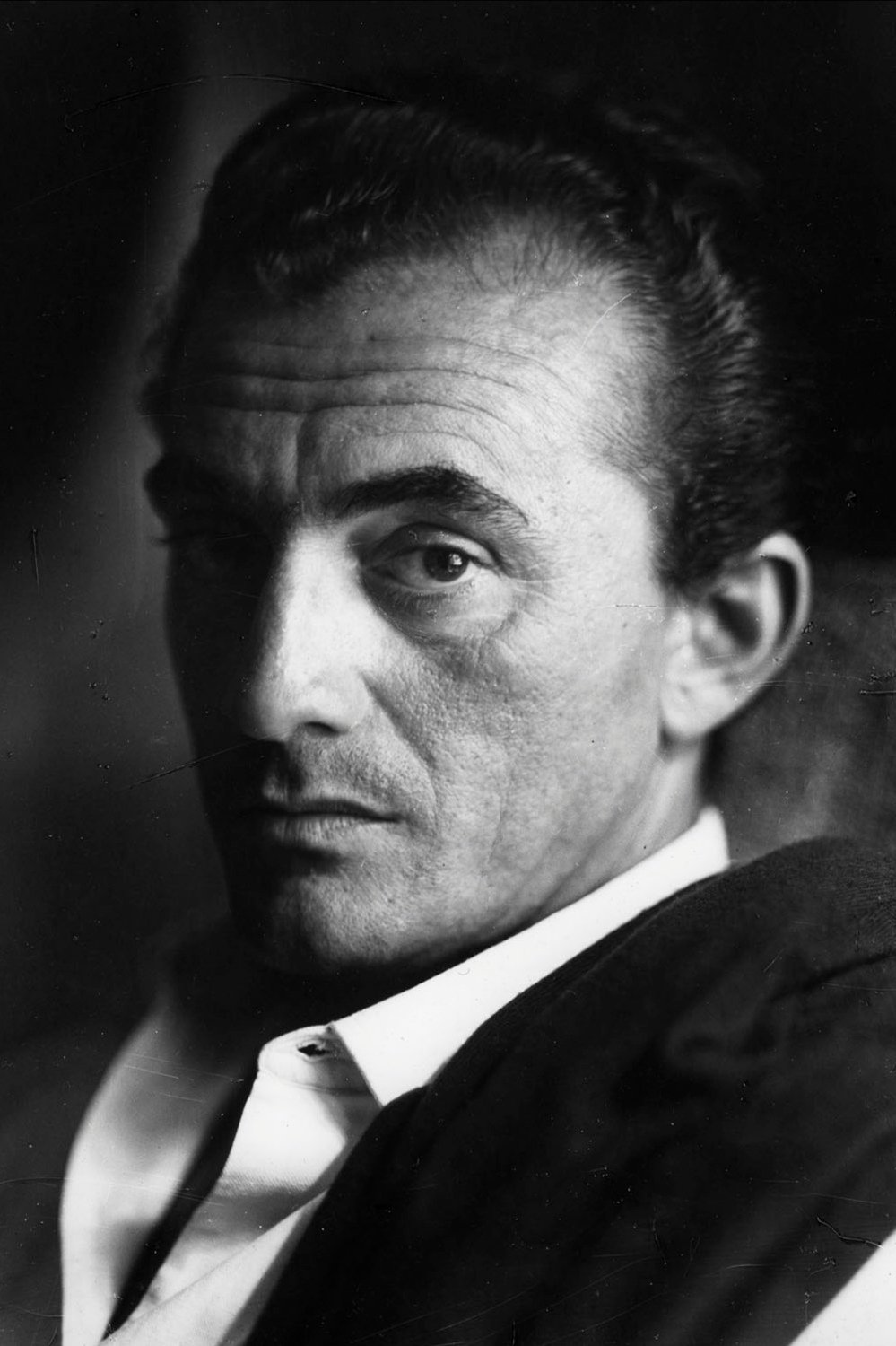
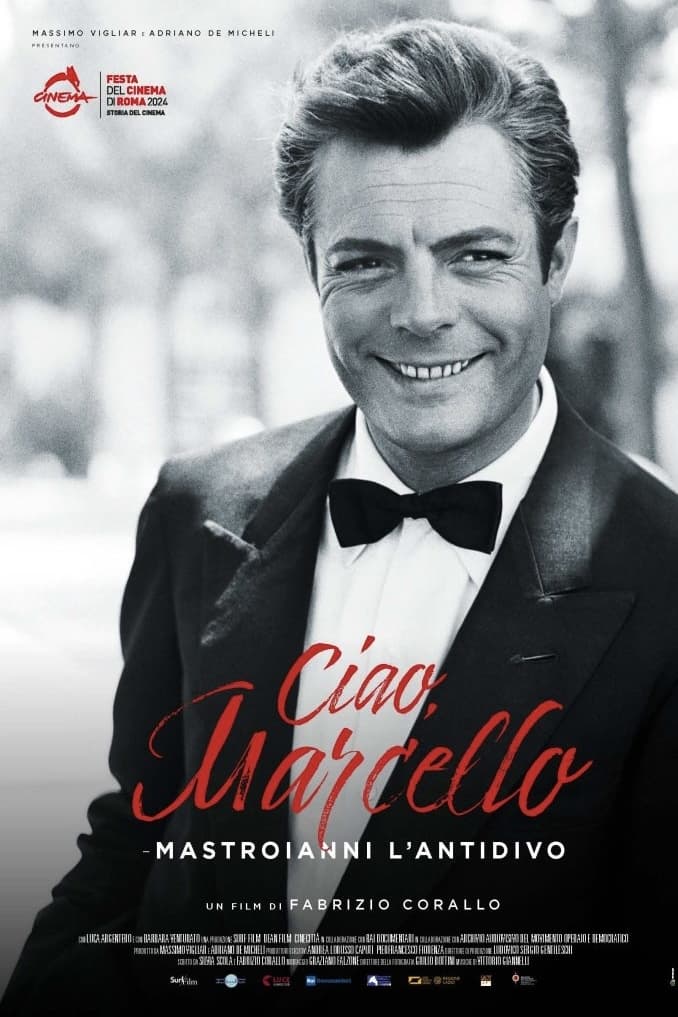
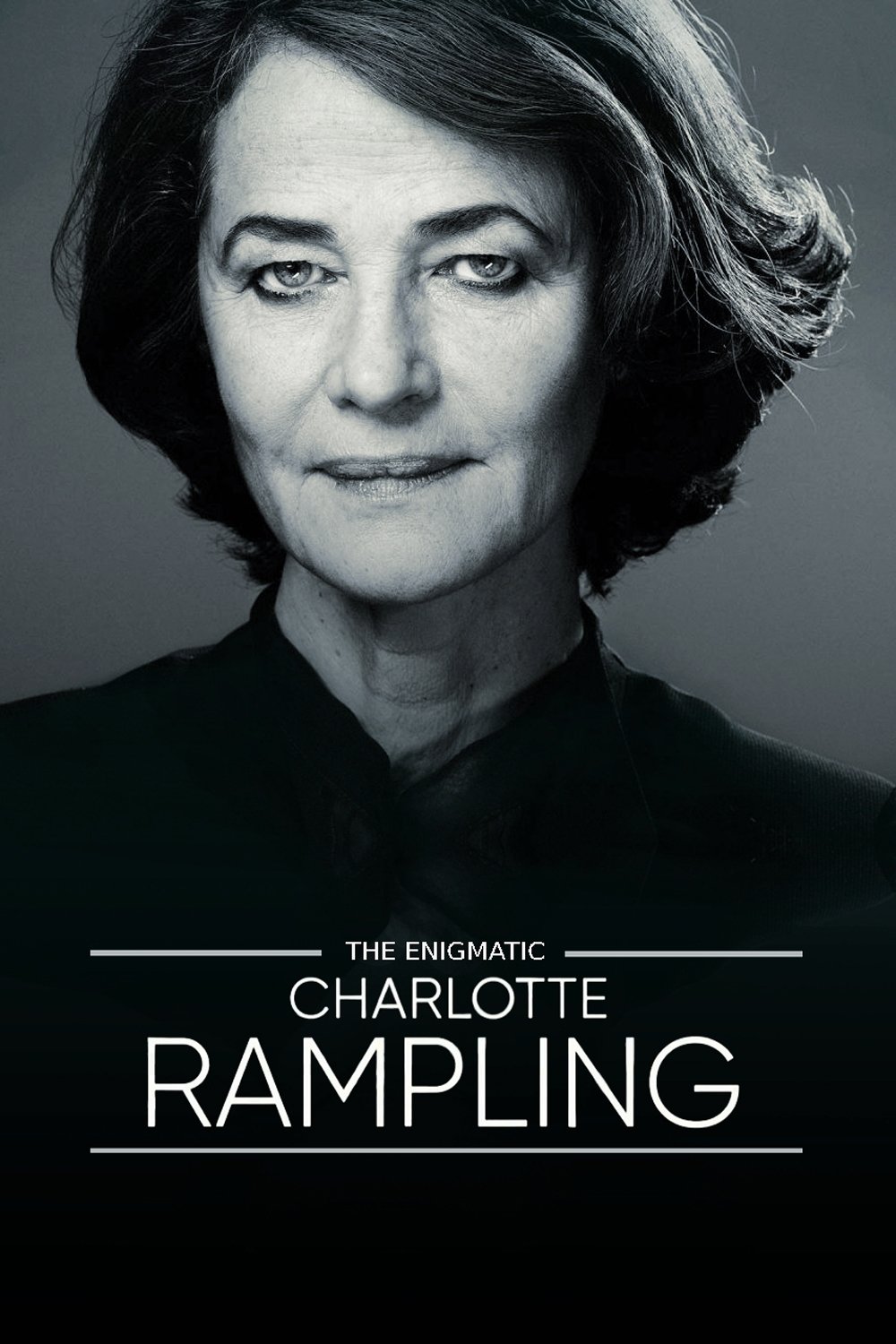
Screen icon Charlotte Rampling has fascinated the world of cinema, fashion and photography with her mysterious and almost inaccessible beauty. A major figure in genre and auteur films, she is unclassifiable: between presence and absence, shyness and audacity, she's always hypnotic, magnetic and fascinating. From her film debut in the mid-1960s in England, to her unconventional career path, through the tragic loss suicide of her older sister that will irremediably mark her acting, this film is a dive into the existential quest of a complex actress, whose every facet is discovered through her roles. Through a conversation with the actress herself, along with personal archives and extracts from her films, this documentary raws a dazzling portrait of her life and career.
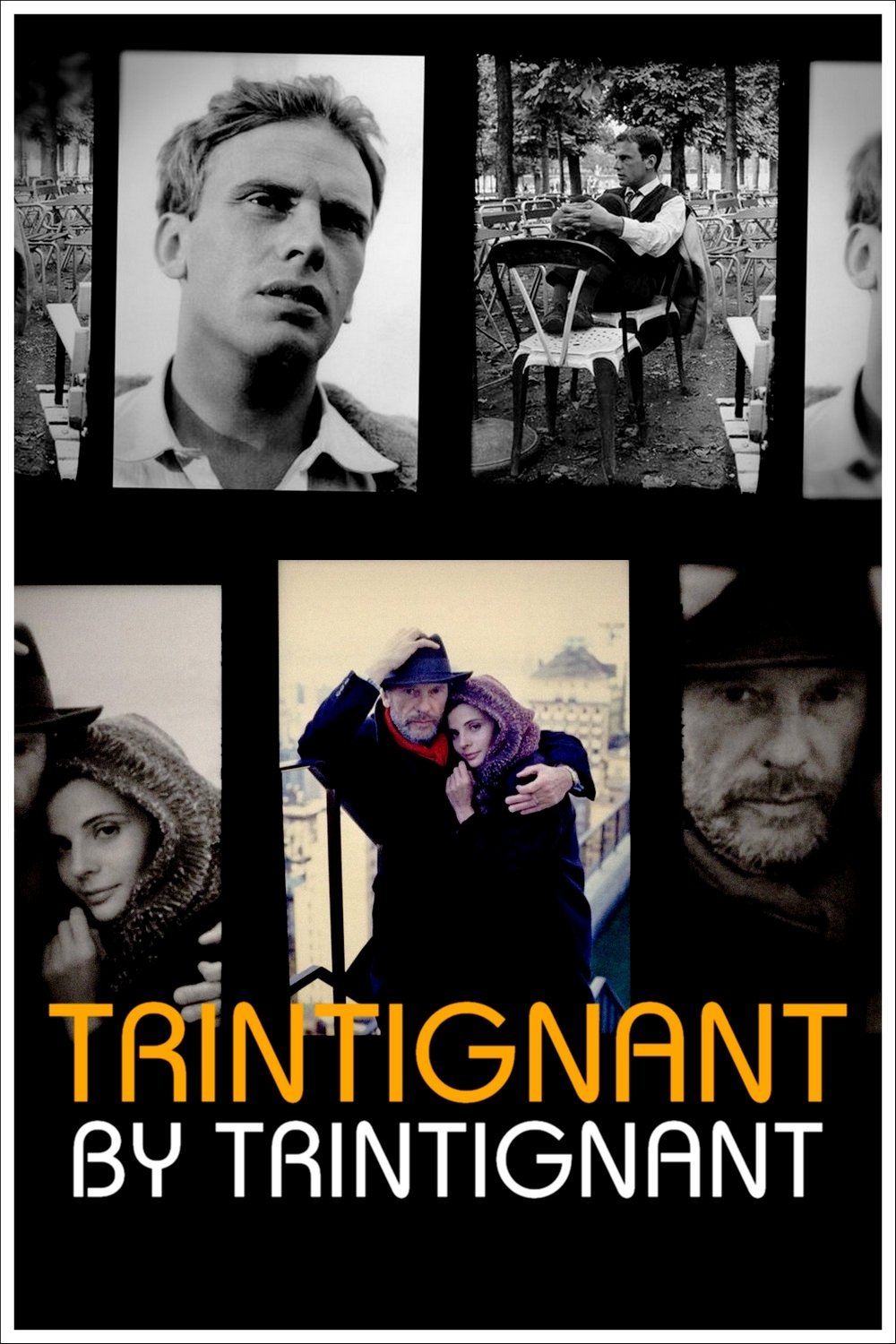
A portrait of a man of rare elegance and enigmatic charm, versatile and successful: Jean-Louis Trintignant, one of the most critically acclaimed French actors of the last sixty years, known for his numerous roles on stage and screen.
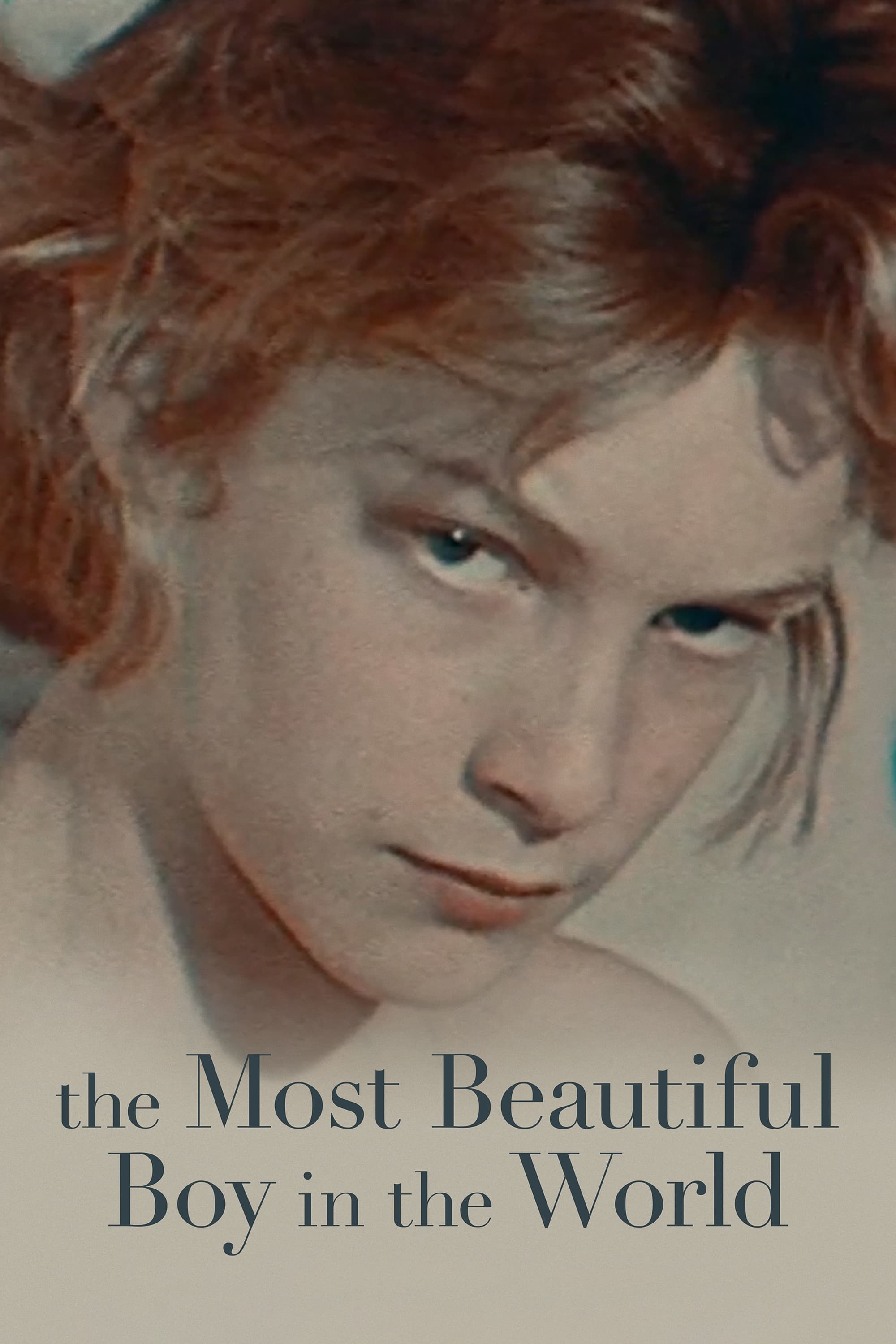
In 1971, due to the world premiere of Death in Venice, Italian director Lucino Visconti proclaimed his Tadzio as the world’s most beautiful boy. A shadow that today, 50 years later, weighs Björn Andrésen’s life.
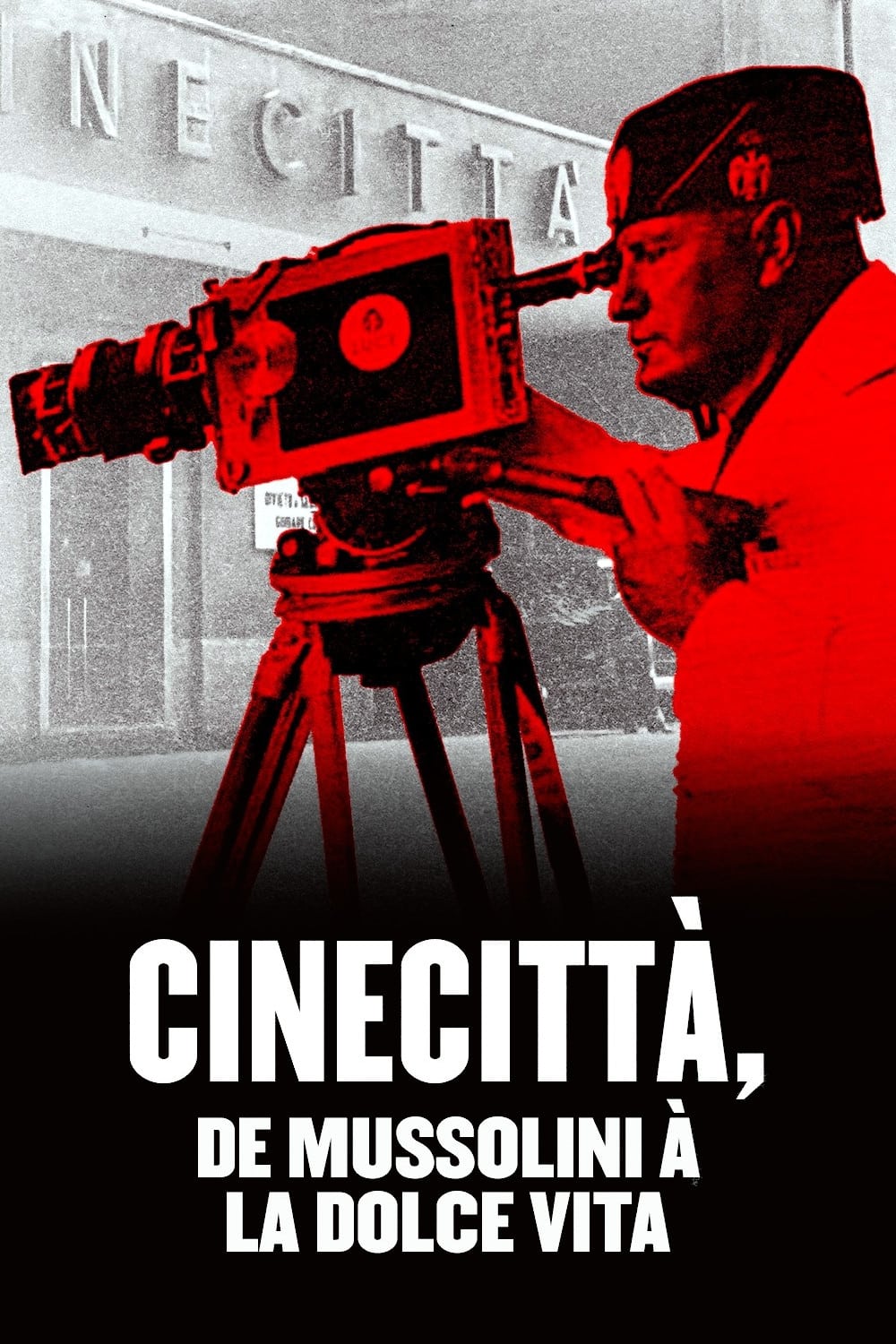
Cinecitta is today known as the center of the Italian film industry. But there is a dark past. The film city was solemnly inaugurated in 1937 by Mussolini. Here, propaganda films would be produced to strengthen the dictator's position.
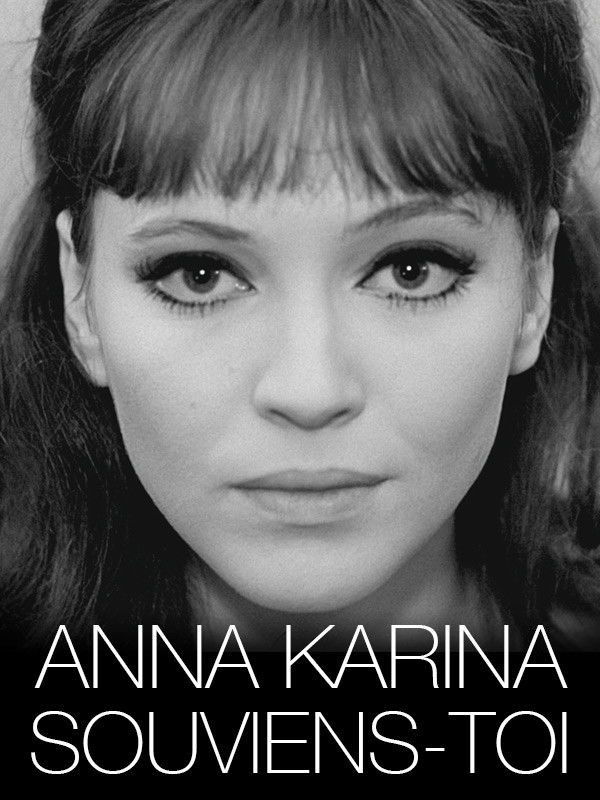
Major actress of the New Wave, Anna Karina is bound to the great renewal of cinema in the 1960s. Her companion in life, Dennis Berry revisits the story of her memories with Jean-Luc Godard and the great directors she knew, her memorable meeting with Serge Gainsbourg, and also, more recently, her career as a singer. With a gaze halfway between mischief and severity, the New Wave's Danish muse embodied a new feminity – deeply linked with women's liberation.
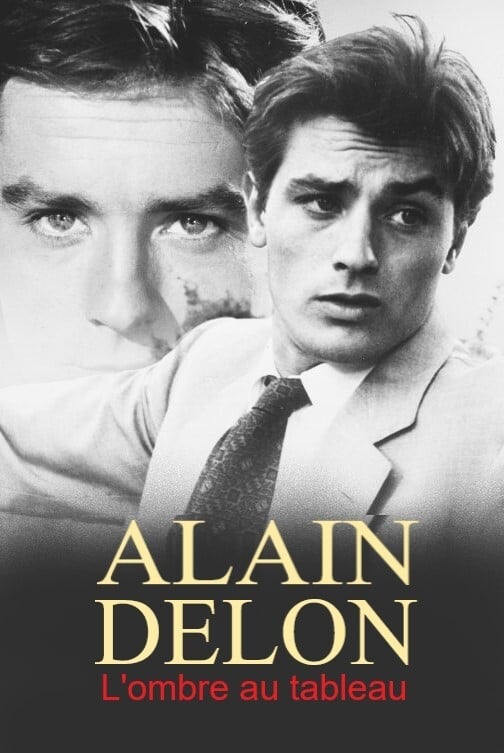
A childhood in boarding school, volunteered at 17 for the war and dismissed for indiscipline, thug in Marseille turned gigolo in Paris, he became actor thanks to some inspired women. Then flying high, fast and far, thanks to his director masters René Clément, Luchino Visconti & Jean-Pierre Melville.

My mother googles the film hero of her youth: Helmut Berger. She is shocked: only an addicted shadow of the former icon seems to be left. She decides to halt the obvious catastrophic decline of the once “most handsome man in the world”. As a consequence, this one-time god of the screen is suddenly sitting on my mother’s sofa in Nordsehl in Lower Saxony. And he stays put - for several months. While he trustingly rolls out his whole life before us, the dividing lines between film team, world star and family intermingle. This is a film about ageing, rising and falling - and about the fact that it is sometimes possible to regain an element of dignity in life.
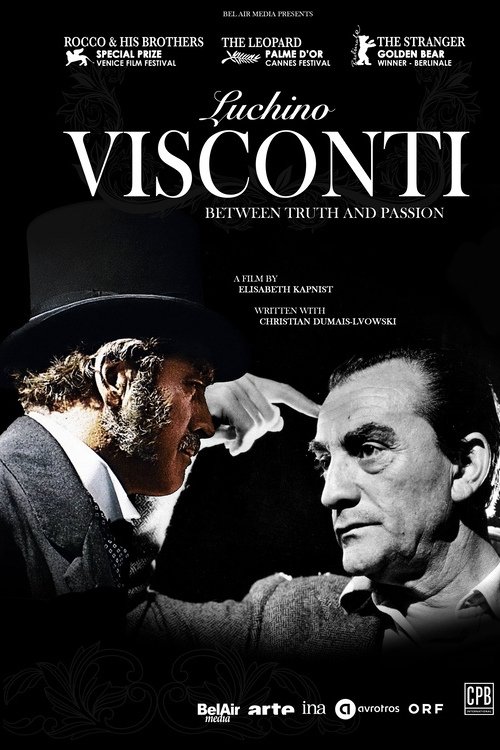
Forty years after his death, this documentary pays tribute to one of the major filmmakers of Italian cinema, to an original work that continues to inspire today's cinema. Coming from one of the greatest families of the Italian aristocracy, he could have been a rich and cultured man, living in opulence and idleness, but Luchino wanted a different destiny. This is the story that director Elisabeth Kapnist and Christian Dumais-Lvowski wanted to tell. Count Visconti di Modrone wears the clothes of a legend that he never stopped shaping throughout his life. This documentary reconstructs the fabric of a brilliant life, dedicated to art; theater, opera, and cinema. This artistic work is also that of a committed man, who was a fellow traveler of the Communist Party, and who resisted fascism.
Luchino Visconti di Modrone, Count of Lonate Pozzolo (2 November 1906 - 17 March 1976) was an Italian theatre, opera and cinema director, as well as a screenwriter. He is best known for his films The Leopard (1963) and Death in Venice (1971).
By browsing this website, you accept our cookies policy.